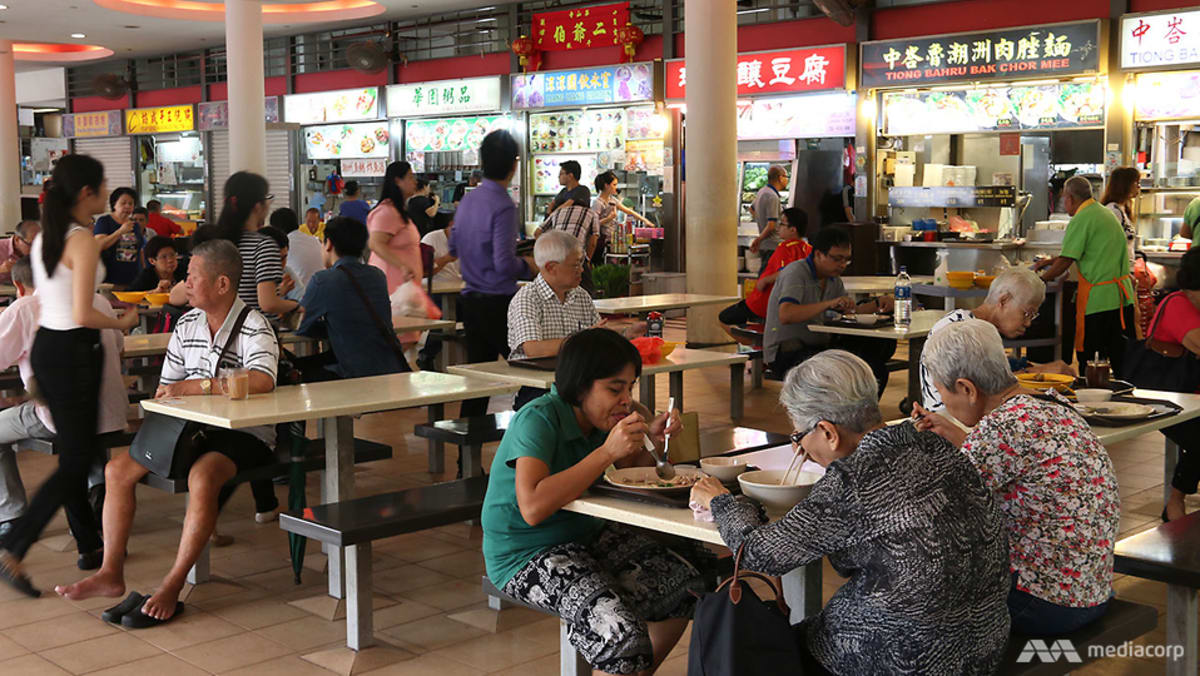A healthy diet is low in salt, sugar and fat. It includes good amounts of fibre, fluid and nutrients like vitamins and minerals. It is based on foods that are easy to prepare, such as soups, stews and casseroles; fruit (including dried or canned varieties); and wholemeal or high-fiber breads, cereals and yoghurts.

INTEGRATE NEW HABITS WITH OLD
Eating well need not mean emptying your pockets. Organic and pricey are not necessarily healthy. Take for example the sodium levels in the dressings and marinades of the protein in a fancy salad bowl – let’s just say, not all salads are created equal.
Be careful of that soup dish too. About 80 per cent of adult Singapore residents exceed the salt intake recommendation of less than 5g per day. Don’t empty your bowl when having fish soup or yong tau fu with clear soup, as the soup could also be loaded with sodium.
The more we advocate for change, the easier healthy eating will be when dining out, and in turn, the happier our doctors will be.
French lawyer and gourmand Jean Anthelme Brillat-Savarin famously said, “Tell me what you eat, and I will tell you what you are.”
Embracing healthy eating does not mean bidding farewell to your culinary heritage. The journey is about slowly integrating new habits with your old favourites, creating a balanced and delightful dance of flavours on your plate. With time, your taste buds will adapt and you will realise that moderation and mindful choices are the true keys to a satisfying and healthy culinary journey.
Susan Tan is the president of the Society of Behavioural Health, Singapore, and founder of ECI Consulting Holdings, a public health social enterprise. Nurliyana Daros is on the executive committee of the Society of Behavioural Health, Singapore, and a lecturer at Nanyang Technological University.
Any views or opinions represented in this article are personal and do not represent the organisations that the author may or may not be associated with in a professional or personal capacity.
Source: channelnewsasia.com






















Add comment